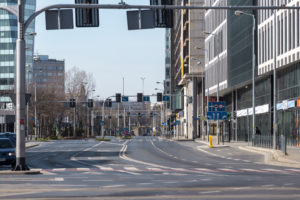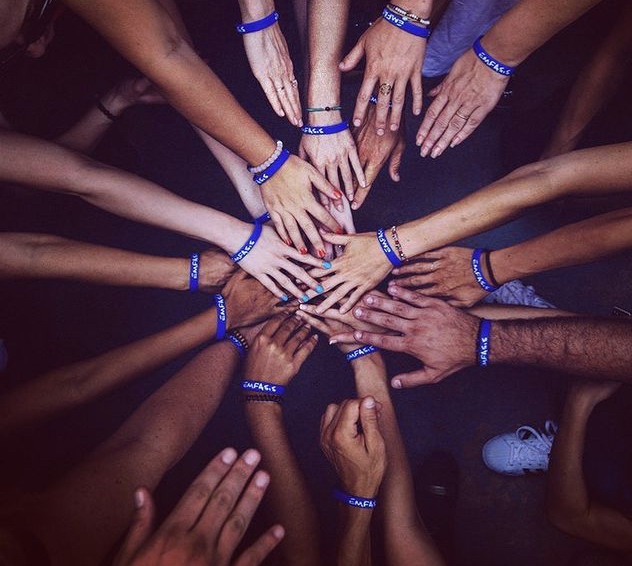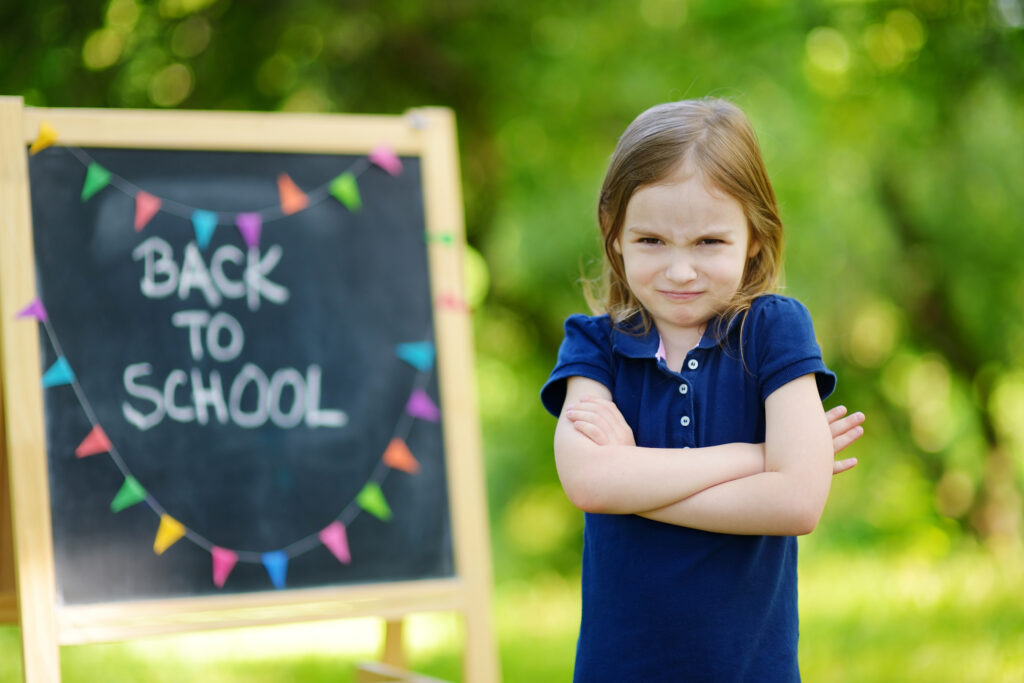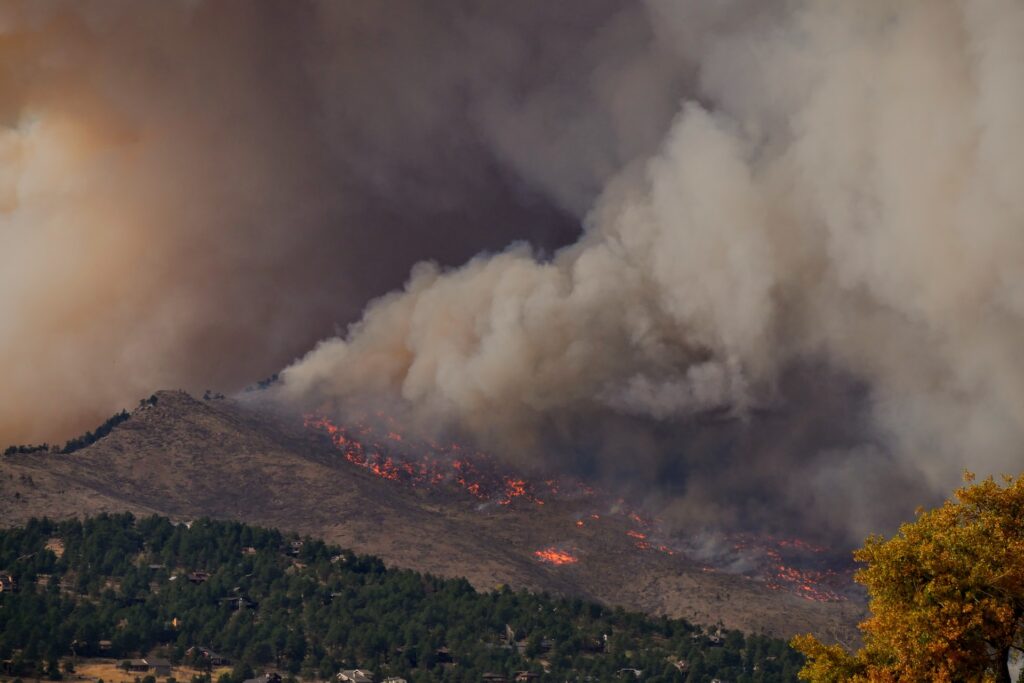
Making Sense of Loss and Change through the Five Stages of Loss Connected to the Coronavirus
We are all feeling the heaviness that has come with this global pandemic.
Our highly sensitive children may not fully understand all the effects of this pandemic, but they do feel our energy, and the energy surrounding them in their environment.
They do feel all the change that has come about very suddenly, and it’s natural that everyone’s anxiety is very high as there’s so much uncertainty in the air.
Anxiety is often explained as our mind’s over-estimation of danger* and under-estimation of coping skills, and this could be happening for some adults and some children. (*Not to say that the Coronavirus situation is not very serious, as it is, but a child might be wondering if we’re all going to die, which would be an example of an over-estimation of danger and feeling as though they don’t have enough coping skills.)
On the flip side, there are some people who are thinking that there’s too much “hysteria” about COVID-19.
We all have different ways of responding during a crisis, and this is what we are experiencing, seeing and hearing which ties into Kulber-Ross’s five stages of loss connected to the Coronavirus.
Swiss-American psychiatrist, Elizabeth Kubler-Ross, was the first person to explain the five stages of loss and grieving in her groundbreaking book, On Death and Dying. You may recognize people’s reactions to COVID-19 as you read about these five stages of loss connected to the Coronavirus.
How Is COVID-19 Connected to the Five Stages of Loss?
The Coronavirus pandemic is creating a sense of loss for all of us as we self-isolate and socially distance ourselves. We are naturally wired for social connection and this is the first time, for our generation, that we have had to go into isolation.
There’s also the loss of safety and security. We are scared of ourselves and our loved ones contracting the virus and we have worries that our medical system will become too overloaded to support everyone.
We are also experiencing the loss of jobs, the loss of financial investments, the loss of special events and more.
In essence, the loss of what life was before the Coronavirus.
What Are Dr. Kubler-Ross’s Five Stages of Loss?
The five stages are often referred to as: DABDA
*It’s important to know, that one does not necessarily go through all five stages and/or one may go through them but back and forth, not in a linear direction.
Denial – A certain amount of denial is healthy as it’s how the brain “doses” itself to take in the new reality. In relation, to the Coronavirus, most people probably felt that this was happening in other countries but wouldn’t become as serious in their own neighbourhood. At first we may have experienced resistance and then, day by day the reality sinks in more. Some people originally thought too much fuss was being made of the virus, but may now have changed their perspective.
Anger – It is natural to feel angry when we lose someone we love. Sometimes this anger gets directed at the medical system. In relation to the Coronavirus, some people are upset about certain restrictions in place or special events being cancelled. This is another stage of grieving and part of the process.
Bargaining – This phase involves negotiating with others or with ourselves as we go back and forth on what we’re thinking. With the Coronavirus, we are still in the process of figuring out what we can do and realizing what is “on hold” for now.
Depression – There is so much sadness that occurs when we lose someone we love. This sadness can last for a very long time and become depression. Hopefully, in time, the acute pain of the sadness softens, but the sadness of losing a loved one is a long healing journey. With the Coronavirus, there is sadness, as we feel compassion and empathy for the people in hospital, for those who are very sick and for the countries whose medical system is not able to keep up, such as Italy. There is also sadness about events being cancelled, schools being closed, and our way of life changing so dramatically.
Acceptance – Eventually, one reaches a certain level of acceptance. With the Coronavirus, as the reality sinks in, we come to terms with the fact that we need to abide by the precautionary measures that are in place. Life has changed and restrictions could be in place for a few months. We accept that some things are out of our control and some things are within our control and we focus on what we can* do, instead of what we can’t do.
*At this stage, we can focus on the “silver lining”. What can we be grateful in our home and in our environment?
We can be thankful that pollution levels are decreasing. We can be thankful that communities are coming together and people are wanting to connect and help one another. Each night at dinner, your family could have a gratitude practice to talk about the positives that are coming out of the pandemic right now.
How Do Children Process All the Change from the Coronavirus?
Children may also go through these five stages of loss connected to the Coronavirus.
We can expect our children to “act out” as their unconscious way of showing us that they are stressed and worried.
Remember, behaviour is always communicating a message.
We can expect our children to be more attached, as it’s natural to seek closeness when we’re distressed.
As mentioned in my previous blog, it is important that we set a tone of being calm and having our hands on the steering wheel, as “Captain of the Ship”.
I also have some specific tips for parents on how to decrease their child’s anxiety about the Coronavirus, in these blogs:
How to Address the Big “What If’s” with Our Kids such as the Coronavirus
and Five More Tips for Handling Coronavirus Anxiety in Kids
Take care of yourselves and each other,
I wish you and your families loving kindness and well-being,
Warmly,

PS. Some people have asked if the YWCA Vote is still happening for one YWCA cause to receive $10000 from the Scotia Bank, determined by the most votes acquired by each nominee. The nominee also wins the Connecting the Community Award. My cause is the YWCA Early Learning & Childcare program for children of single/teen moms. I would be very grateful if you could please continue to vote (daily if possible) by clicking here, until April 24th.
PPS. I’m still running Self-Empowerment groups for children ages 7-9yrs. and 10-12yrs.starting Thursday April 2nd, 2020. For now, the groups will be running through a group video-conference call (Zoom), so we will still have a group experience. If you’re interested you can view the flyer with the curriculum here and you can email Hailey at hailey@ableclinc.ca to register.
Want to Connect?
Subscribe now to receive free weekly parenting tips and inspiration.






